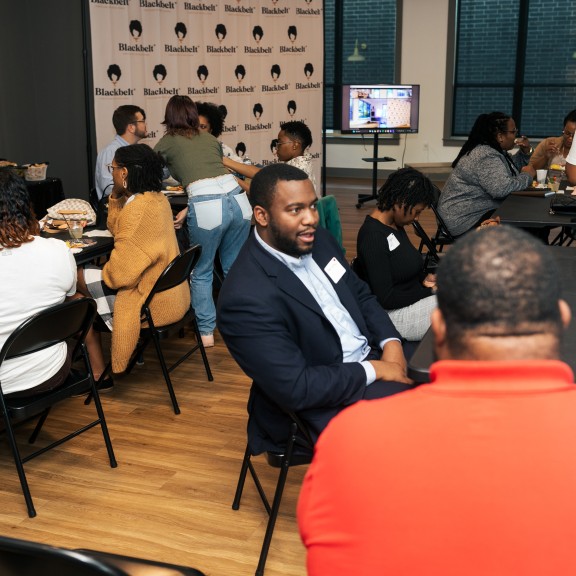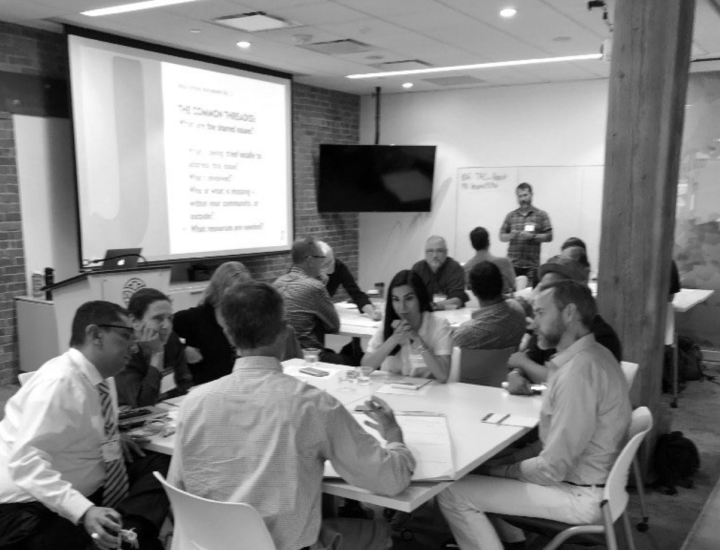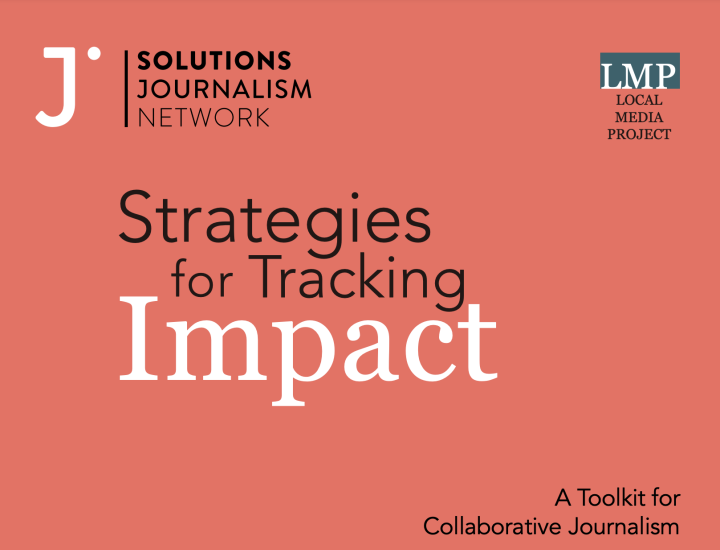Impact Stories
News organizations around the world are transforming journalism — and their communities. See how a global network of news organizations and journalists uses solutions journalism to strengthen communities, advance equity, build trust, increase civic engagement, depolarize public discourse and discover new sources of revenue.
Explore the Impact Database
How solutions journalism works — in Kampala, Uganda
Former Solutions Journalism Network LEDE Fellows Caleb Okereke of Minority Africa and Abaas Mpindi of Media Challenge Initiative illustrate the impact of solutions journalism on their work and how its spread can counteract harmful stereotypes of Africa.
Share Your Impact Story
How has solutions journalism made a difference in your world? Add an impact story to the Impact Tracker.




